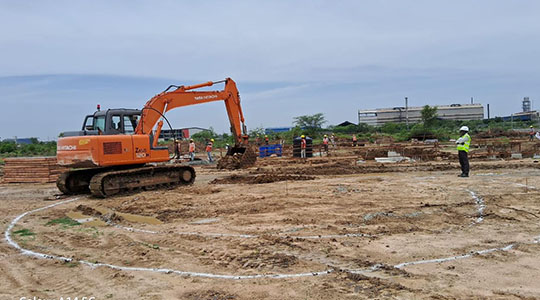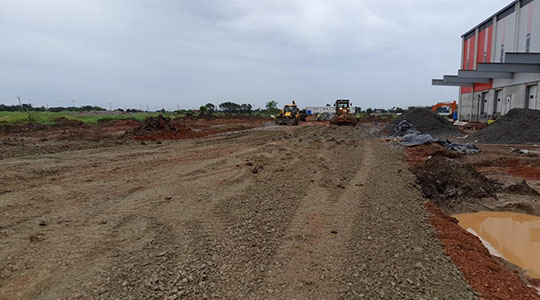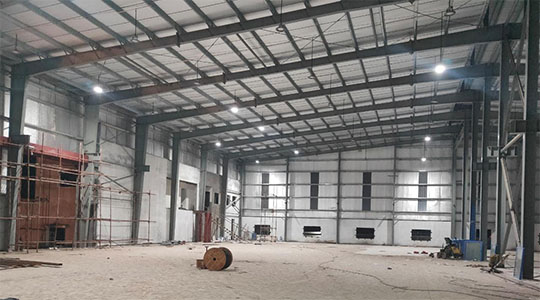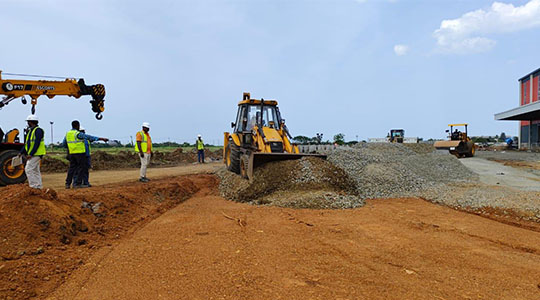
Pipeline Project
Pipeline projects involve the design, construction, and operation of a network of pipes to transport liquids or gases.
Ensuring the safety of the pipeline, workers, and the surrounding community is a top priority. Security measures are also implemented to prevent vandalism or tampering.
The future of pipeline projects may involve increased integration with renewable energy sources, such as transporting hydrogen or capturing and transporting carbon dioxide from industrial facilities.
Earth Moving & Excavation
Earthmoving and excavation are essential processes in construction, mining, and various civil engineering projects.
Large-scale construction projects, such as the excavation for foundations of skyscrapers or the creation of transportation infrastructure, often involve extensive earthmoving efforts.
Earthmoving and Excavation may involve increased automation, integration with data analytics for efficiency, and a focus on sustainable and environmentally friendly practices.


Road Project
Road projects are essential for establishing and improving transportation networks, connecting communities, fostering economic development, and enhancing overall mobility.
Many road projects involve collaboration between governments and private entities through PPPs. This approach can accelerate project timelines, improve efficiency, and share financial risks.
Road projects may involve increased emphasis on sustainable and resilient infrastructure, the integration of autonomous vehicles, and the use of advanced materials for durability and efficiency.


